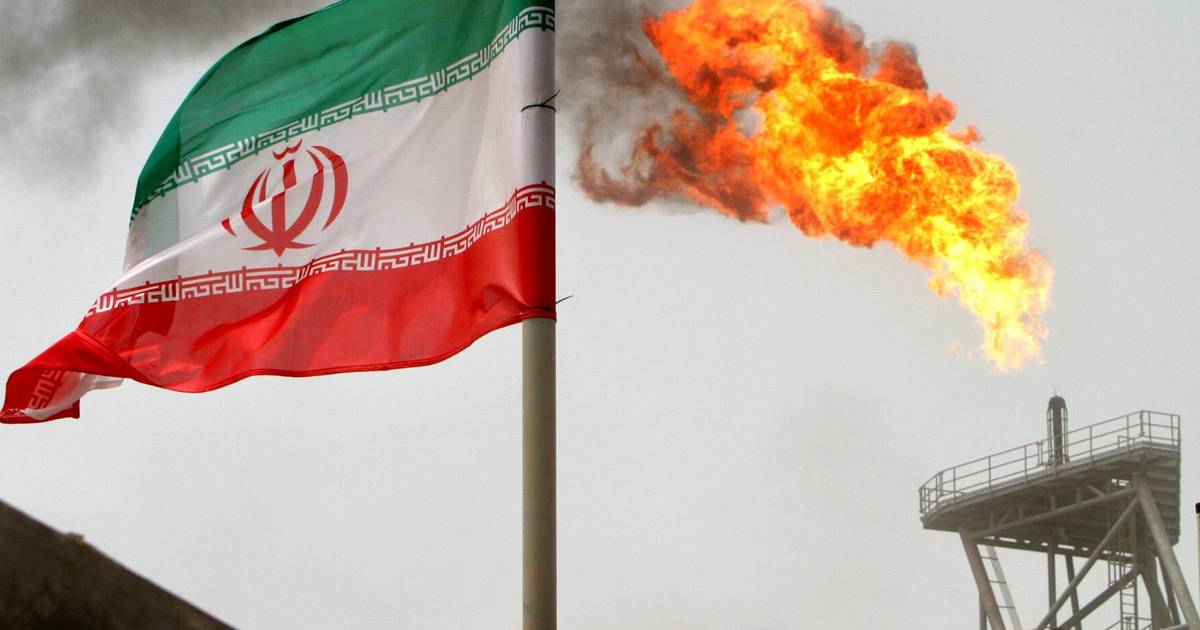
Similar Posts
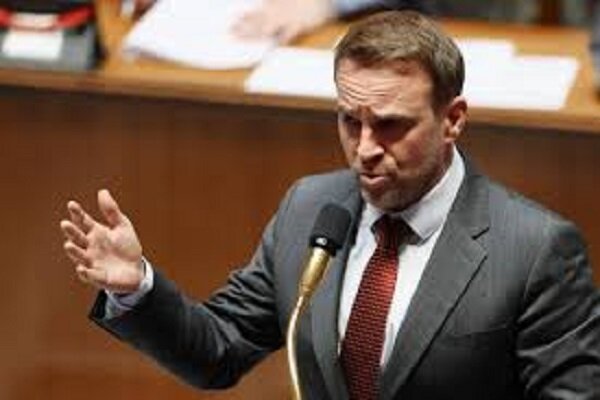
French Minister Calls for Companies to Freeze US Investments Amid Economic Concerns
The financial landscape is increasingly uncertain, prompting experts to advise caution in investments. Ferracci emphasized the complexity of the current climate on France Info radio, urging investors to suspend plans due to market volatility and unpredictable economic indicators. Key considerations include the need for diversification, consulting financial advisors, and understanding the impact of geopolitical tensions, inflation, interest rates, and supply chain disruptions. As uncertainty prevails, maintaining a balanced perspective through informed decision-making and realistic goals is essential. Ultimately, strategic caution is necessary for safeguarding financial interests in these turbulent times.
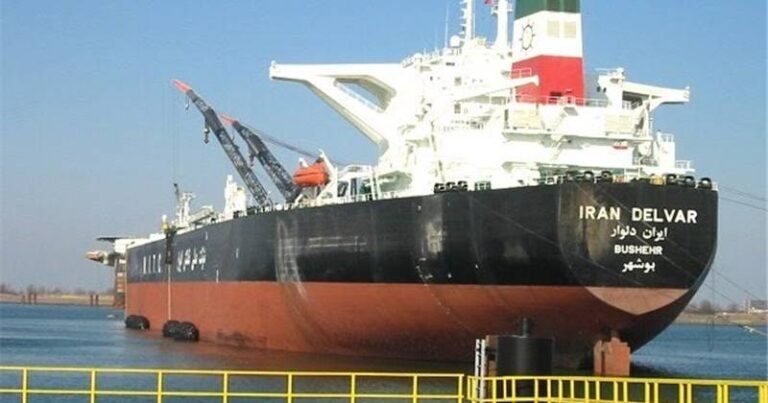
Iran Defies US Pressure: Oil Exports Surge Amid Sanctions
Iran’s oil minister, Mohsen Paknejad, has rejected claims that U.S. sanctions significantly hinder Iran’s oil exports. Speaking to state media, he asserted that Iran continues to export oil without disruption, countering the narrative of successful U.S. sanctions aimed at reducing exports to zero. Paknejad highlighted record crude exports during the Iranian month of Dey and expressed confidence in Iran’s ability to respond to potential sanctions enforcement. He denied allegations of using forged documents for oil shipments, emphasizing that Iran operates within accepted trade frameworks. The U.S. Treasury has targeted high-ranking officials with sanctions to limit Iran’s oil revenue.
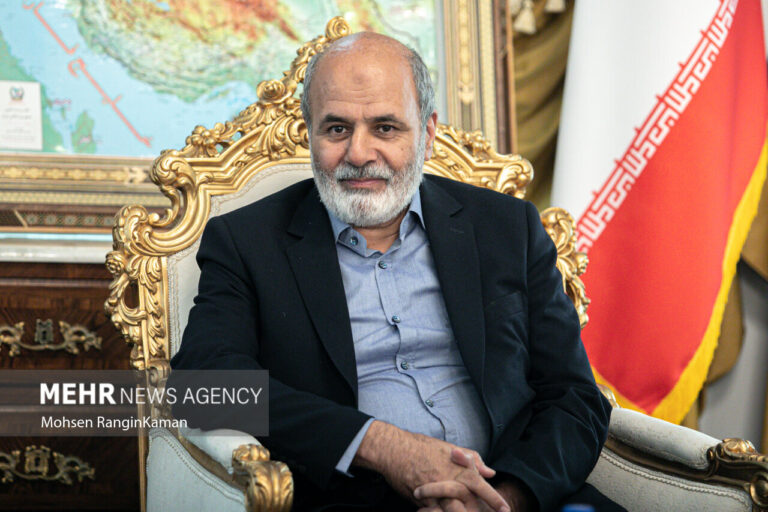
Iran Seeks to Strengthen Ties with Kurdistan Region: A New Era of Collaboration
In a diplomatic meeting, Ali Akbar Ahmadian, Secretary of Iran’s Supreme National Security Council, reiterated Iran’s dedication to the security and stability of Iraq and its Kurdistan Region. He emphasized the importance of unity among neighboring nations, viewing the security of these areas as essential. Nechirvan Barzani, Head of the Kurdistan Region, noted the significance of recent diplomatic efforts, including the Iranian president’s visit, which aims to enhance cooperation. Key areas discussed included economic collaboration, security cooperation, and cultural exchanges. Both leaders expressed optimism for a more integrated approach to governance and development, fostering stability and mutual prosperity in the region.
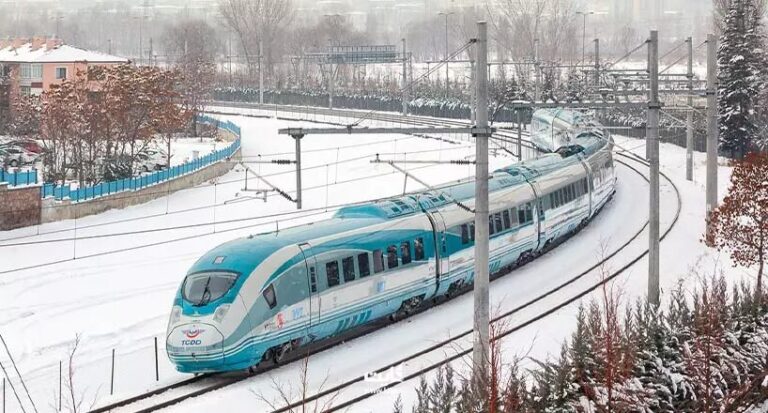
Exciting News: Tehran-Van Train Set to Launch in March 2025, Says Government Spokesperson!
The Tehran-Van passenger train is set to launch on March 20, 2025, enhancing connectivity between Iran and Turkey. Announced during a Cabinet meeting, this initiative aims to boost tourism and trade between the two nations. Iranian Minister of Roads and Urban Development, Farzaneh Sadegh, highlighted the collaborative efforts of railway authorities from both countries in making this project a reality. The train will offer a modern travel option, significantly reducing travel time while showcasing the rich cultures of Iran and Turkey. The service is expected to create job opportunities and strengthen economic ties, marking a new era in rail travel.
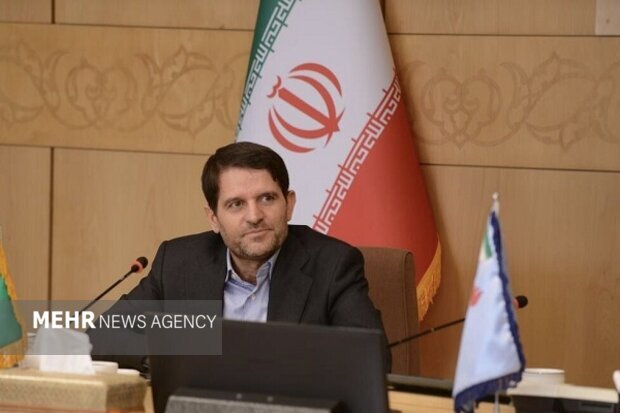
Revealing NPC: The Oil Industry’s Value Chain Champion, Says CEO
Iran’s petrochemical industry has experienced significant growth, achieving a production capacity of around 96 million tons annually, according to Deputy Oil Minister Hassan Abbaszadeh. He emphasized the industry’s importance in the country’s value chain and highlighted key achievements, including the completion of essential chains like methanol and propylene. The National Petrochemical Company (NPC) aims to increase production to 131 million tons during the 7th Five-Year Development Plan. Despite challenges such as global competition and investment needs, the sector shows promise for future expansion and modernization, potentially fostering international collaborations and enhancing Iran’s economic landscape.
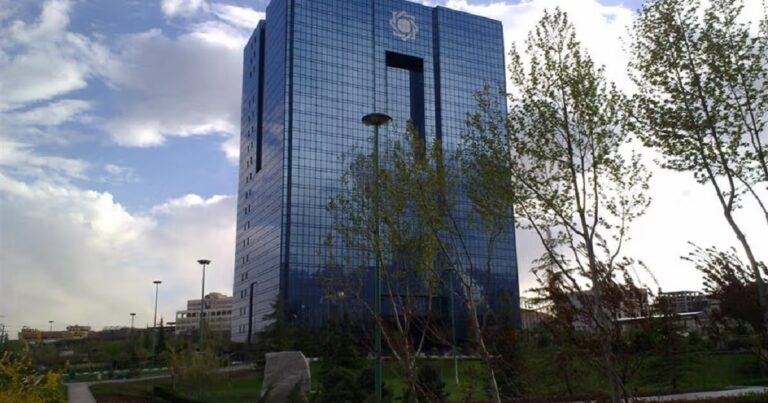
Croneyism’s Bad Loans Threaten the Stability of Iran’s Banking System
A report from Iran’s Central Bank reveals widespread insider dealings and corruption threatening the banking system’s integrity. Approximately 27 major institutional debtors owe about 790 trillion rials ($10 billion) in non-performing loans (NPLs), exacerbated by the Iranian rial’s devaluation. Key debtors include the Middle East Mines and Mineral Industries Development Holding Company (MIDHCO) and state-backed firms like SAIPA, with ties to political insiders leveraging connections for substantial loans. The government’s debt to the central bank surged 65% amid budget deficits from reduced oil revenue, leading to excessive money printing and rampant inflation, further destabilizing Iran’s economy.